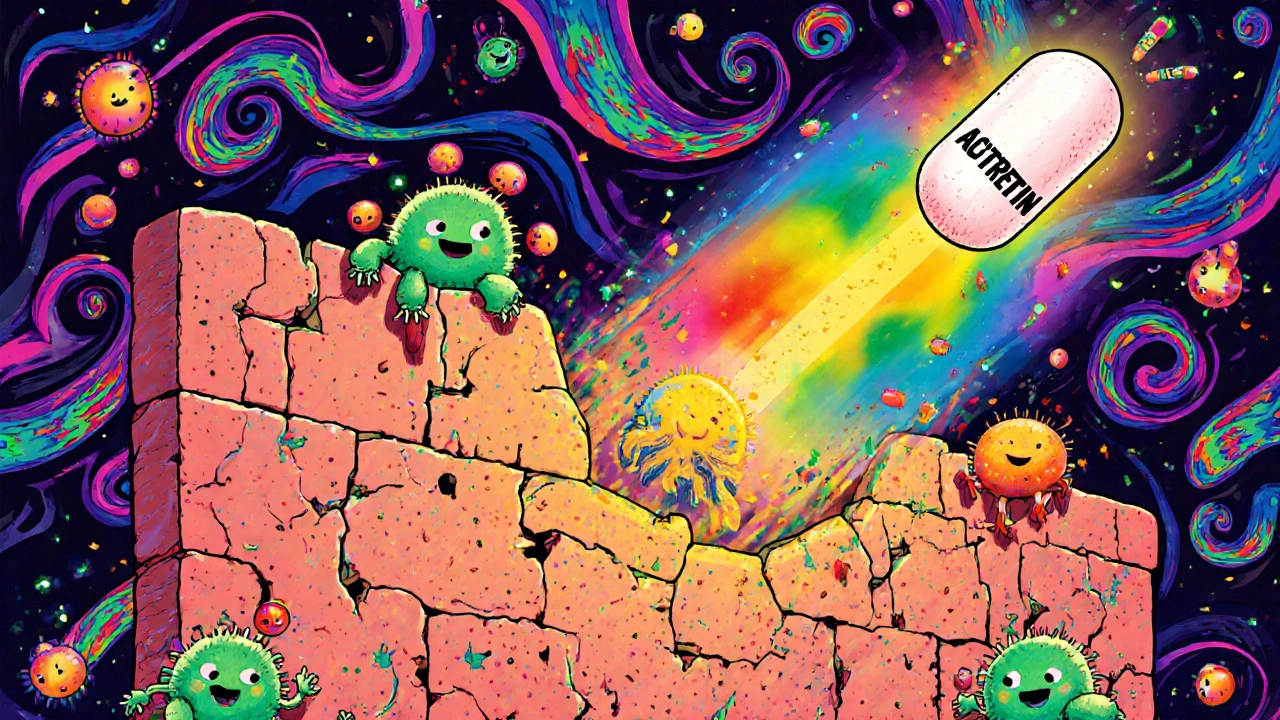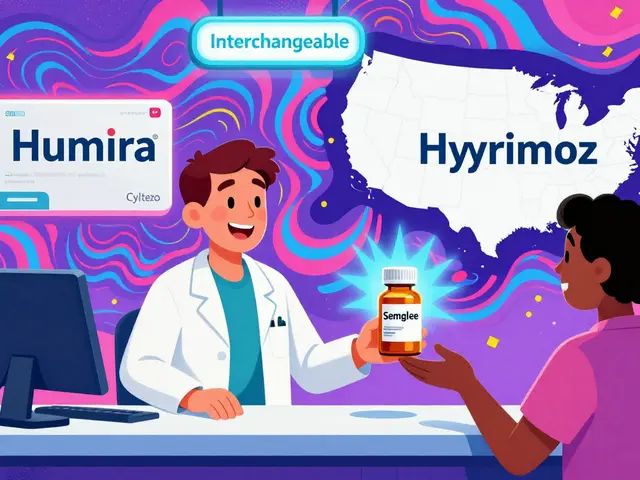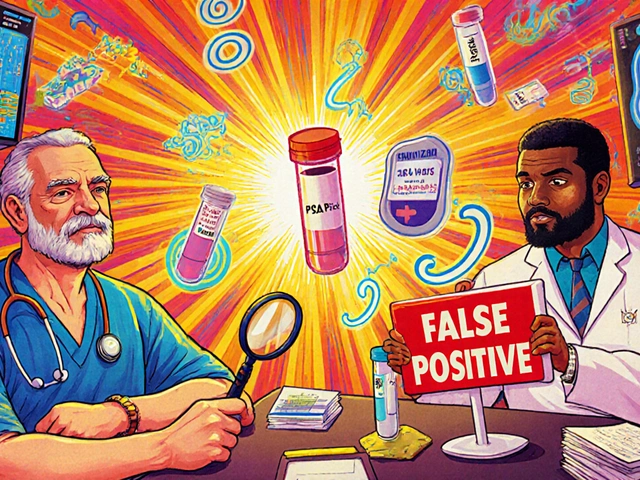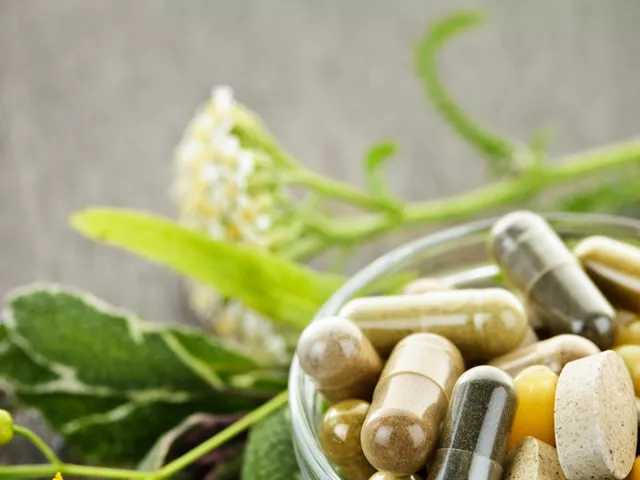Immune System Skin: How Your Skin Protects You and What Affects It
When you think of your immune system skin, the outer layer of your body that acts as a physical and chemical barrier against pathogens. Also known as cutaneous immune system, it’s not just a shield—it’s an active defense network that talks directly to your internal immune cells. Every day, your skin fights off bacteria, viruses, and fungi without you even noticing. It’s lined with special cells like Langerhans cells and keratinocytes that detect invaders and trigger alarms. This isn’t passive protection—it’s a dynamic, living barrier that adapts, learns, and responds.
But this system doesn’t work in isolation. Things like statins, medications used to lower cholesterol can sometimes cause muscle pain that leads to reduced movement, which indirectly affects circulation and skin health. herbal supplements, like St. John’s Wort or ginkgo biloba might interfere with how your body regulates inflammation, which can weaken your skin’s ability to heal. Even common antihistamines, such as loratadine or hydroxyzine—used for allergies—can dry out your skin, making it more prone to cracks and infections. Your skin’s immune response depends on balance, and many medications tip that scale.
When your skin barrier breaks down—whether from over-washing, harsh chemicals, or chronic conditions like eczema—it doesn’t just get itchy. It becomes a gateway for trouble. Bacteria like Staphylococcus aureus can take hold, leading to infections that your immune system then has to fight harder. And if your immune system is already busy dealing with something else—like an HIV medication interaction or a reaction to domperidone—it can’t focus on your skin. That’s why people on long-term drug regimens often notice more skin issues: their defenses are stretched thin.
There’s no magic pill to fix your skin’s immune function, but there are smart moves. Avoiding unnecessary antibiotics helps preserve your skin’s natural microbiome. Staying hydrated and using gentle, non-irritating moisturizers supports the barrier. And if you’re on any of the medications listed in our posts—from statins to antihistamines to herbal supplements—it’s worth asking how they might be affecting your skin, not just your muscles or liver.
Below, you’ll find real-world guides on how medications, supplements, and safety reports connect to your skin’s health. Whether you’re dealing with dryness after allergy meds, wondering if your statin is lowering your defenses, or just trying to understand why your skin acts up when you’re sick—this collection gives you the facts without the fluff.
Acitretin and Skin Infections: What to Watch Out For
Acitretin can clear severe psoriasis but increases the risk of skin infections. Learn what infections to watch for, who’s most at risk, and how to protect your skin while on this powerful medication.






